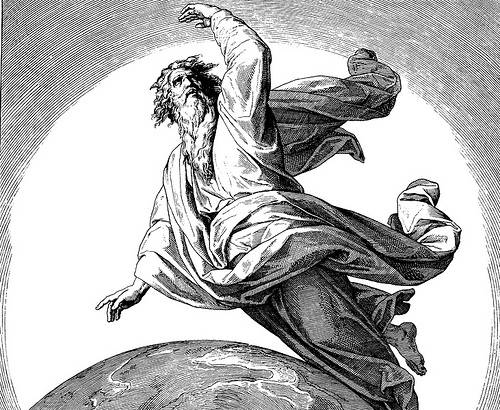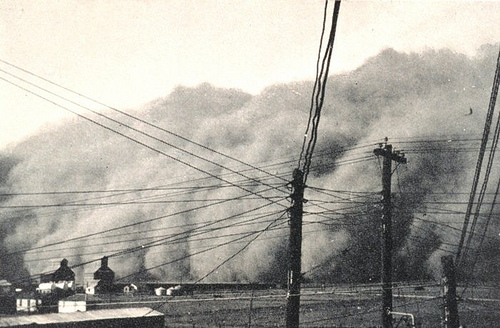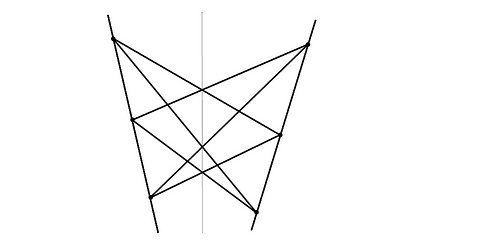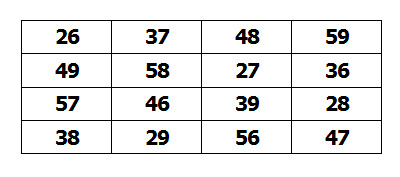I’m not sure who originated this — “Hiawatha at Miami,” a tale of auto-repair skulduggery. Composed entirely in letters with left-right symmetry, it was typed with a normal keyboard but must be read in a mirror:
OTTO TUOHTIW OTUA TAHT HTIW
IIAWAH TA AHTAWAIH
–!IXAT A TAHW — IXAT A TIH
.IMAIM TA ATOYOT A
:YVI OT WOV I TUH A TA
.IXAT A TIH AHTAWAIH”
HATU OT TUO TI WOT YAM I
“!YXAW OOT — WOT OT TIAW YAM I
IXAT A HTIW OTTO TUOHTIW
IIAWAH TA AHTAWAIH
-IXAM A — AMIXAM A TIH
!IMAIM TA (OTUA YM) AM
:AVA HTIW TUH A TA MA I
.OTUA YM TIH AHTAWAIH”
.ITIHAT OT TI WOT YAM I
“.OTTO OT TOOT OT TIAW YAM I
AHTAWAIH HTIW YOT YAM I
.OIHO — AWOI TA TUO
IXAT HTOMMAM TAHT WOT YAM I
.UHAO OT — IIAWAH OT
In the same spirit, here’s an equation discovered by Royal V. Heath:
1118 + 1881 + 8181 + 8818 = 1181 + 1818 + 8118 + 8881
Reverse that and you get:
1888 + 8118 + 8181 + 1811 = 8188 + 1818 + 1881 + 8111
Both equations remain true if you square all their terms.







